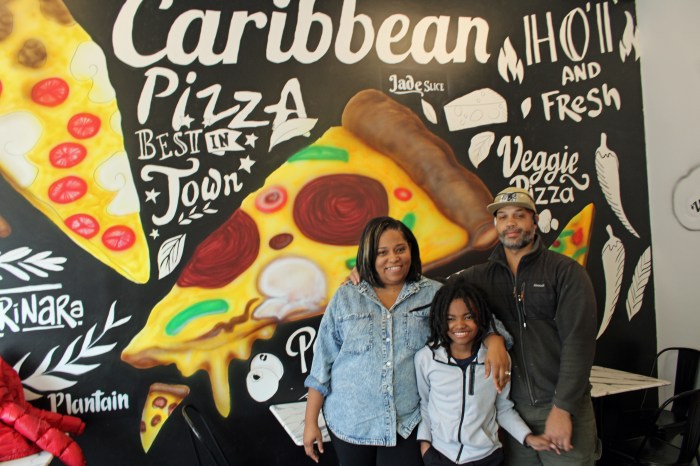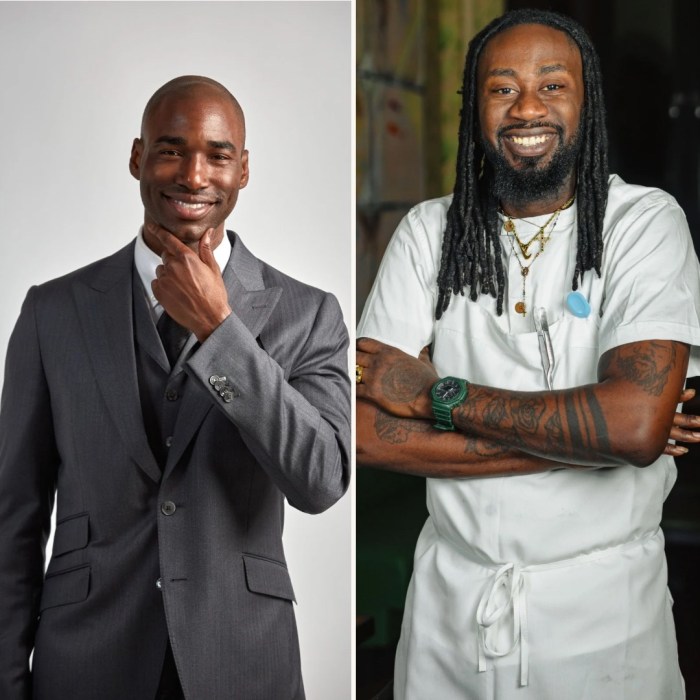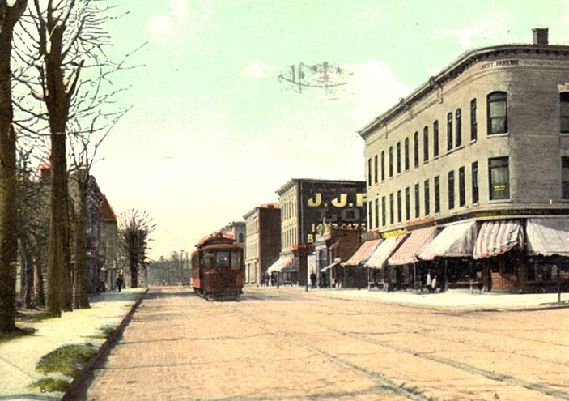The Brooklyn Chamber of Commerce on Wednesday hosted a roundtable discussion with food delivery workers and small business representatives to discuss the far-reaching effects of New York City’s extreme minimum pay rate for delivery workers.
The roundtable, organized in partnership with DoorDash, highlighted the real-world impacts of these policies and raised concerns about additional proposed legislation by the New York City Council that could further challenge workers and local businesses.
Delivery workers and small restaurant owners from across the borough shared their experiences since the new regulations took effect.
For many Dashers, the flexibility of delivery work is essential for balancing other responsibilities, but changes have meant forcing delivery workers to work longer hours for reduced earnings.
Similarly, local restaurant owners expressed concern over the recent changes and the decrease in customer orders, showing how these policies are eating into everybody’s bottom lines.
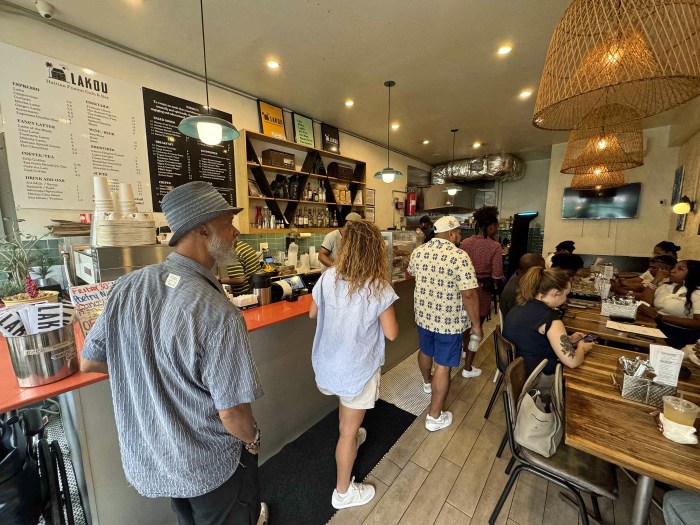
“I am proud that the Brooklyn Chamber of Commerce was able to bring together Dashers, merchants and elected officials to facilitate an important discussion about the impacts of recent pay rate increases and platform changes that have been implemented as a result of recent City Council legislation,” Randy Peers, president and chief executive officer of the Brooklyn Chamber of Commerce, told Caribbean Life.
“One message that was heard clearly today was that there have been unintended negative consequences that can be directly attributed to the legislation itself, and to the subsequent rule making that has been established by the NYC Department of Consumer and Worker Protection,” he added. “We urge policymakers to revisit some of the changes, especially in the context of a changing economy where costs for small businesses have risen across the board due to inflation.”
Cassandre Davilmar, owner of the Haitian Fusion restaurant Lakou Café said: “It’s no surprise that in this economy customers are ordering less since the city implemented the minimum pay rate, and it’s already cutting into my business in ways I’m still trying to understand.
“Unfortunately for me, my customers, and the delivery workers we have come to depend on, it seems the city isn’t finished regulating how we operate, with new proposals that could push my business into an even deeper tailspin,” he added. “My message to policymakers is to gather more information to create regulations that truly benefit customers, delivery workers, and restaurant owners.”
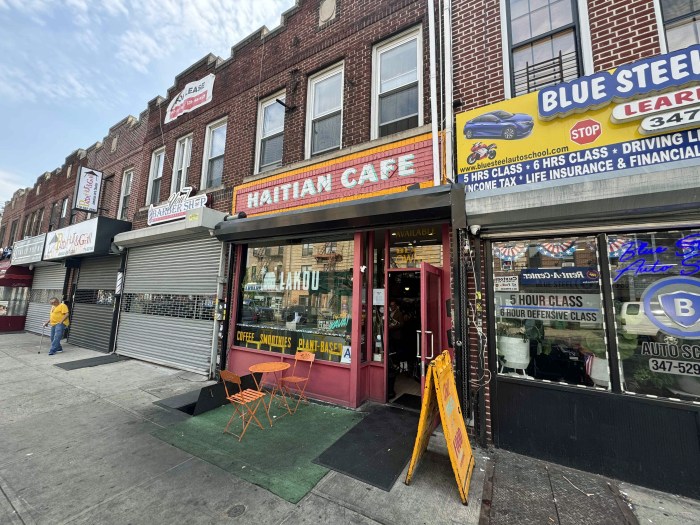
Ed Hatchett, a Brooklyn-based delivery worker, said these new rules “just aren’t working for me and many other delivery workers.
“Doing food delivery work on my own time provided me with the financial stability and the flexibility I needed to put myself through college and take care of responsibilities at home,” he said. “Now, I’m making less money and forced to work fewer hours, sometimes none because there are no orders, just to get by. I urge those with the power to make a change to listen to workers like me, who are out here every day trying to make this work.”
New York State Assembly Member Brian Cunningham, the Jamaican-American representative for the 43rd Assembly District in Brooklyn, extended his “deepest gratitude to our host, Cassandre Davilmar, the dedicated delivery workers here today, and my fellow elected officials for participating in this essential roundtable discussion.
“Hearing firsthand from those directly affected by the city’s minimum pay rules for delivery workers highlights the complexity and importance of these issues,” he said. “It’s clear that these challenges demand thoughtful consideration and action.
“I remain fully committed to continuing this vital dialogue to ensure that we find equitable solutions that uplift our workers, support small businesses, and strengthen our communities,” Cunningham added.
DoorDash said the City’s minimum pay rules have cost millions of dollars in lost orders for local restaurants and lost earning opportunities for Dashers.
Based on DoorDash’s estimates, the rule will cost Brooklyn restaurants $35 million annually compared to if the market had remained unchanged and the number of new Dashers in Brooklyn has fallen by 23 percent, compared to before the new minimum pay rate took effect.





